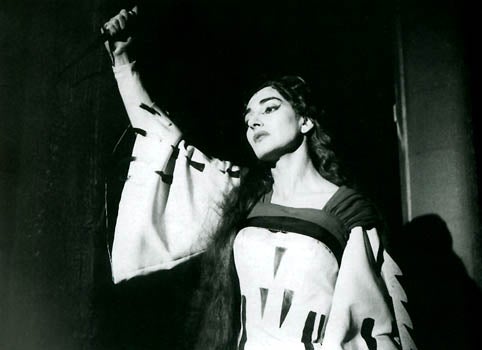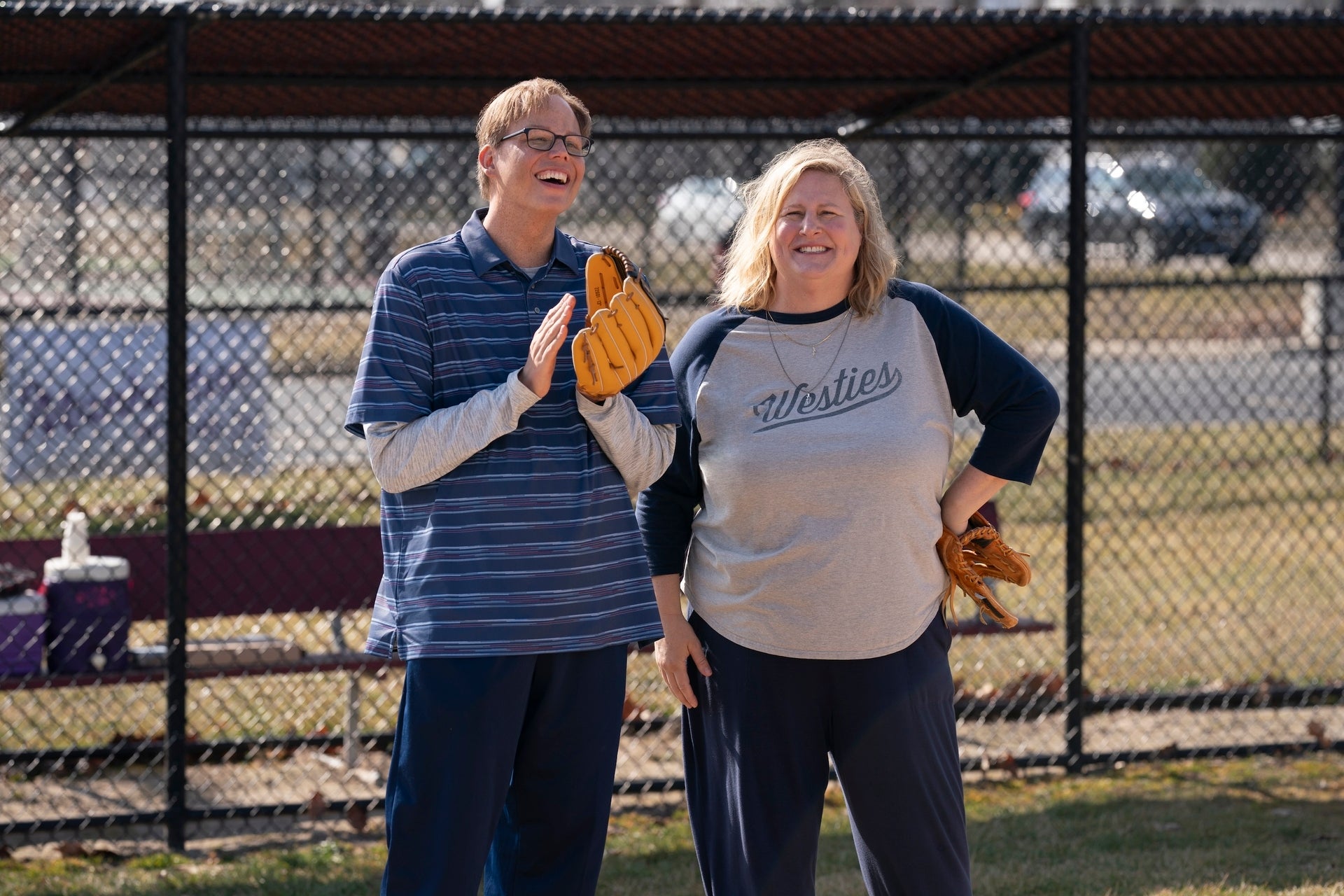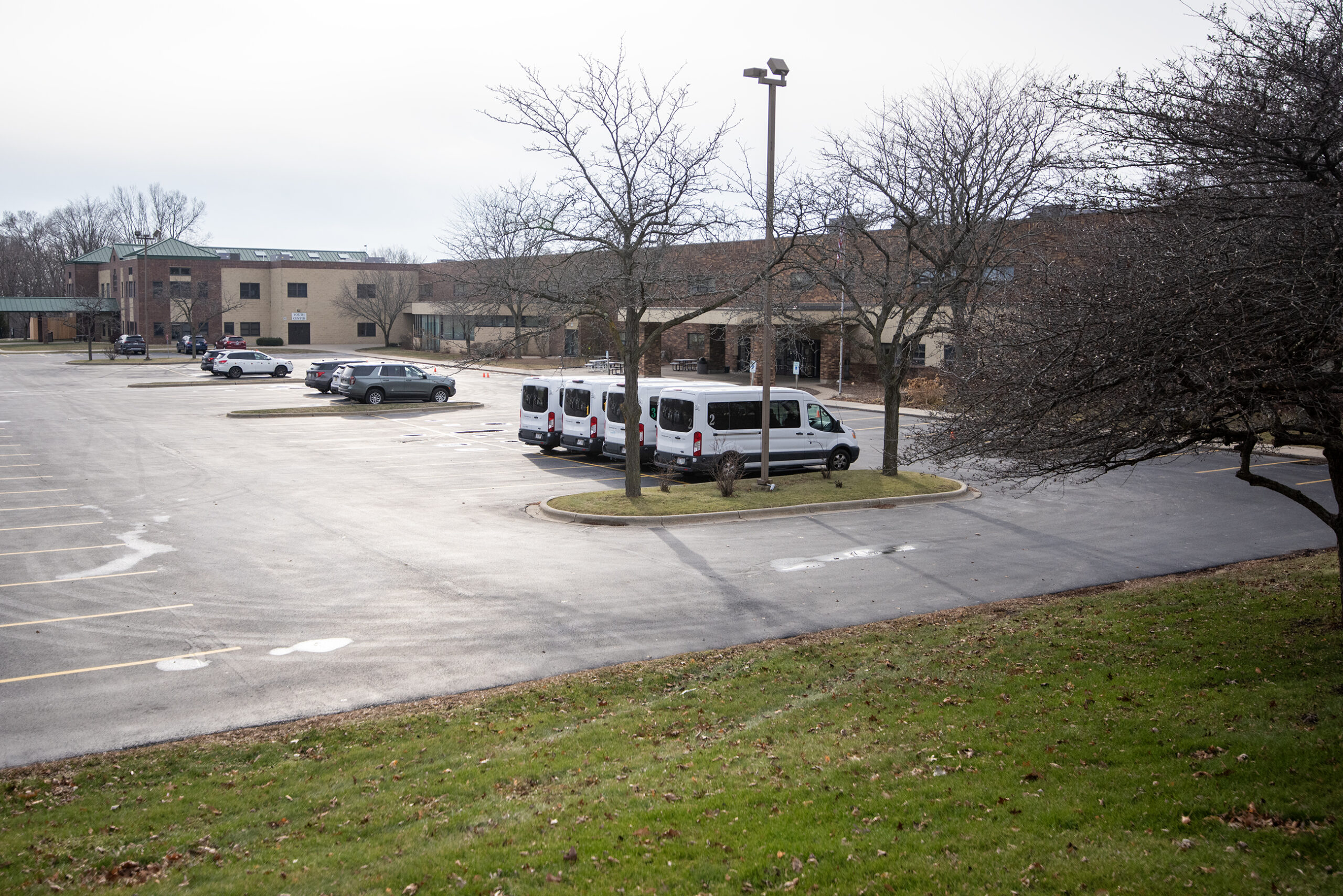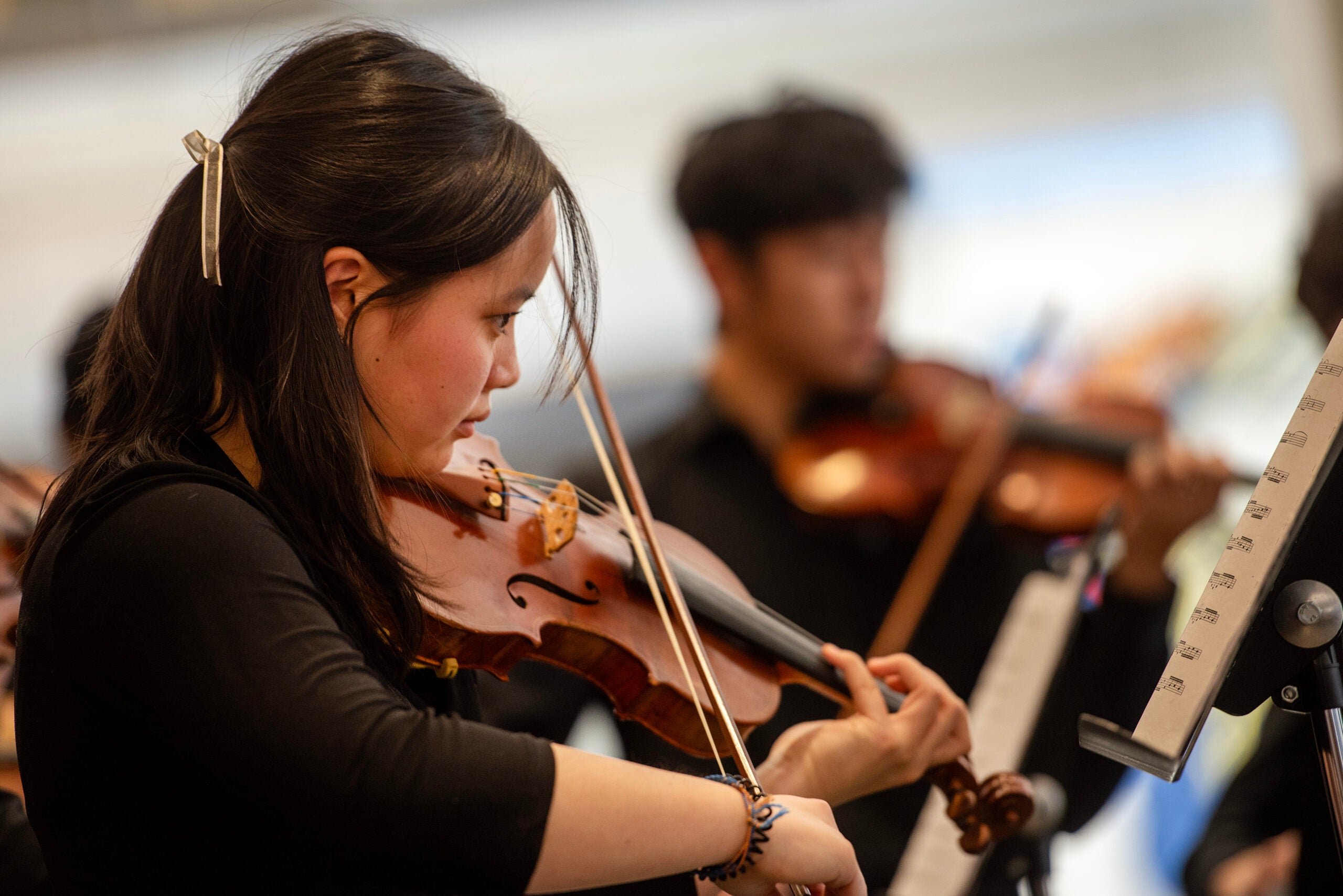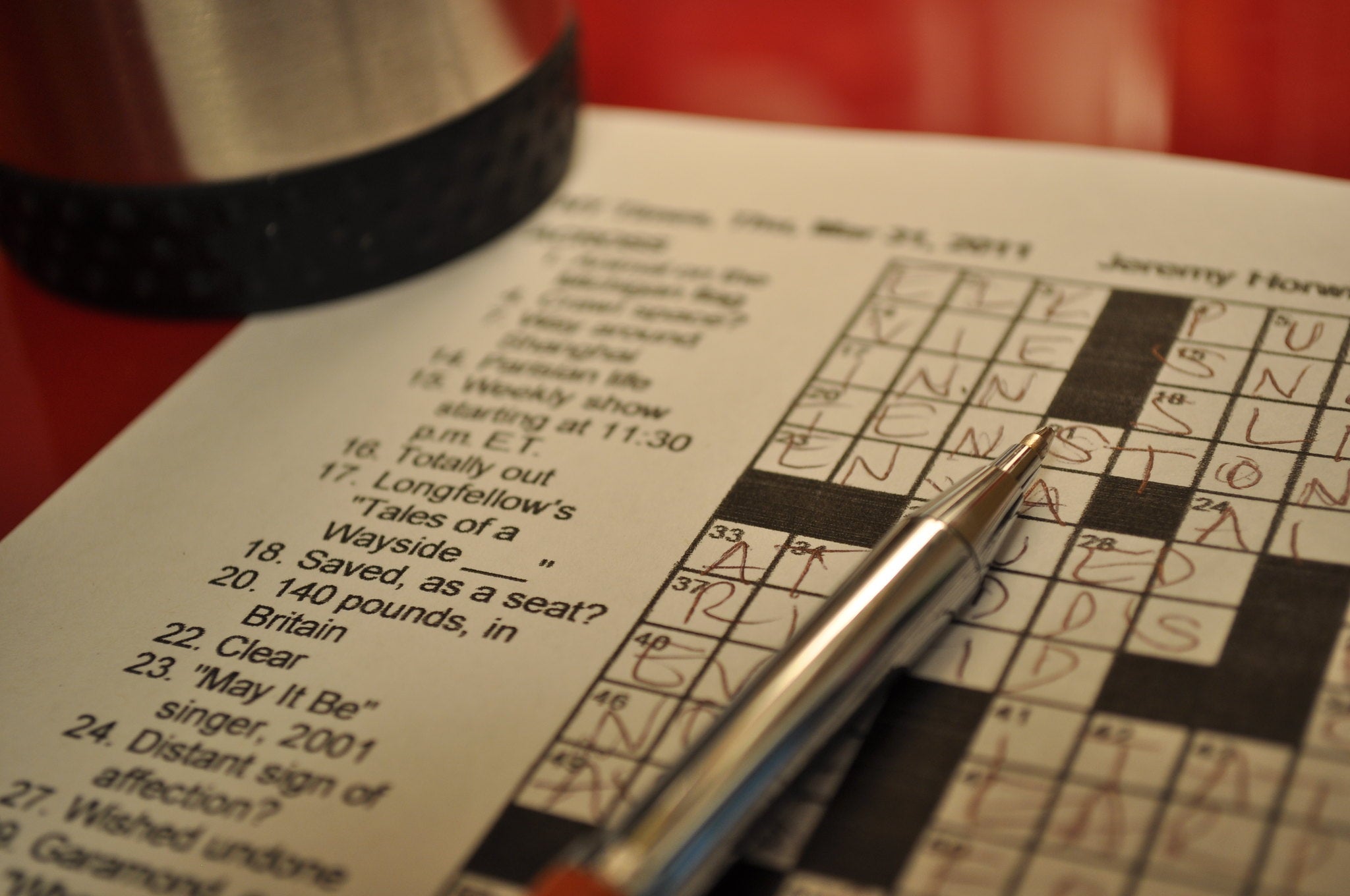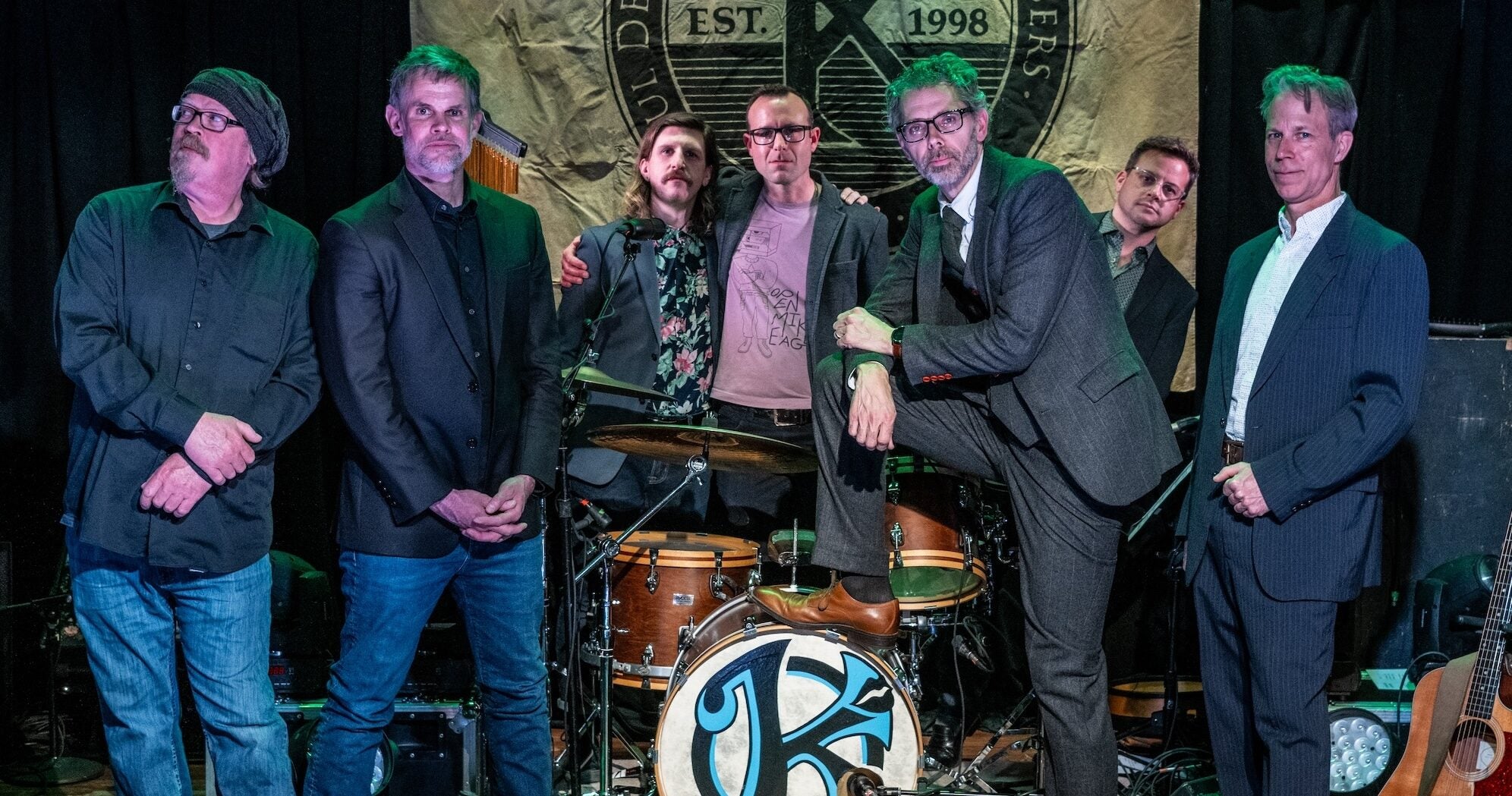The six-year old had been hit by a car on a Manhattan street and dragged for a block. She was in a coma for twelve days. During her 23 days in the hospital she wasn’t expected to live. But she survived, determined to overcome any obstacle between her and what she wanted.
What she wanted was to become a singer–a great singer–and there were major obstacles in her way. The Depression had kept her Greek-born family unsettled. In eight years they had moved nine times in the Hell’s Kitchen section of Manhattan. The girl’s mother was ambitious, neurotic, and eager to find success through her talented daughter.
The girl loved classical records and made weekly pilgrimages to the public library to listen to them. At age eight she began taking singing lessons. By age nine she was the star of recitals at Public School 164. At ten she knew Bizet’s Opera Carmen by heart and could point out errors in Metropolitan Opera broadcasts.
Stay informed on the latest news
Sign up for WPR’s email newsletter.
Only when she was singing did she feel loved, and she pursued her career with a
passion. At eleven, listening to Lily Pons performing at the Metropolitan she declared, “One day I’m going to be a star myself–a bigger one than she is.”
It became true in more ways than one. She accepted food as a substitute for affection, and by the time she was a teenager, she stood five feet, eight inches tall and weighed two hundred pounds.
When she graduated from eighth grade her parents separated and she moved to Athens with her mother and sister. She was two years too young for the prestigious Royal Academy of Music, but her size made it easy for her to lie about her age. Within five years she had made her professional debut as Tosca.
Soon she became world famous, but not by her long Greek name, Maria Kalogeropoulos. She had long since shortened it to Maria Callas.
Wisconsin Public Radio, © Copyright 2024, Board of Regents of the University of Wisconsin System and Wisconsin Educational Communications Board.

